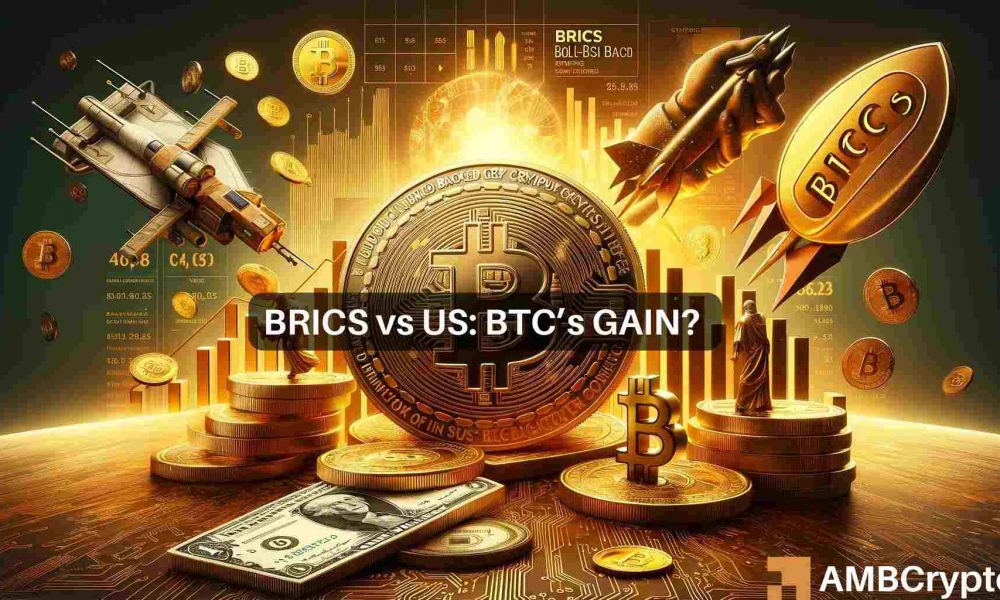- According to Kiyosaki, BRICS gold-backed cryptocurrencies will have a serious impact on the US dollar
- However, BRICS countries do not yet have a formal agreement on a common currency.
Robert Kiyosaki, author of “Rich Dad, Poor Dad,'' highlighted the serious impact that BRICS' gold-backed cryptocurrencies will have on the US dollar.
As part of their de-dollarization plan, the BRICS countries, originally formed by Brazil, Russia, India, China, and India, have been exploring different ways to conduct cross-border trade without relying on the US dollar or euro. .
Digital technology and blockchain are part of the plan. In addition, a gold-backed currency was also issued.
according to KiyosakiIf BRICS formally introduces gold-backed cryptocurrencies, the US dollar will collapse.
“If the BRICS gold virtual currency were to generate trillions of dollars in fake money, fiat US dollars would flood the US, causing hyperinflation in the US and ultimately destroying the US dollar.”
BRICS moves: a threat for the USD, a win for Bitcoin?
In the past, nearly 100% of cross-border transactions, including oil purchases, were in US dollars.
However, recently the IMF report We established that the dominance of the US dollar has declined, from 80% (2010) to 50% (2023).
On the contrary, China's renminbi (RMB), a member of BRICS, appreciated from zero to 50% over the same period.
If BRICS' gold-backed cryptocurrencies follow the yuan's actions, the US's dominance in cross-border payments will be further eroded.
This means BRICS countries could drain their US dollar reserves to the US, and according to Kiyosaki, such a surge in supply could cause “US hyperinflation.” That's what it means.
For diversification and investor protection in such a scenario, Kiyosaki advised his followers to buy. Bitcoin [BTC] and metal,
“Buy real gold, silver, and Bitcoin now to protect yourself from the US dollar crash.”
However, the official birth of a BRICS gold-backed cryptocurrency may still be a long way off.
In August 2023, Vinay Mohan Kwatra, India's foreign minister, said: underlined BRICS member countries prefer to trade using their respective currencies rather than a common currency.
With blockchain and digital technology in mind, Russia has set the stage for a common currency in March 2024, but the entire BRICS group has yet to form a formal agreement.
Perhaps more clarity could emerge at the BRICS summit scheduled for October 2024 in Russia.

